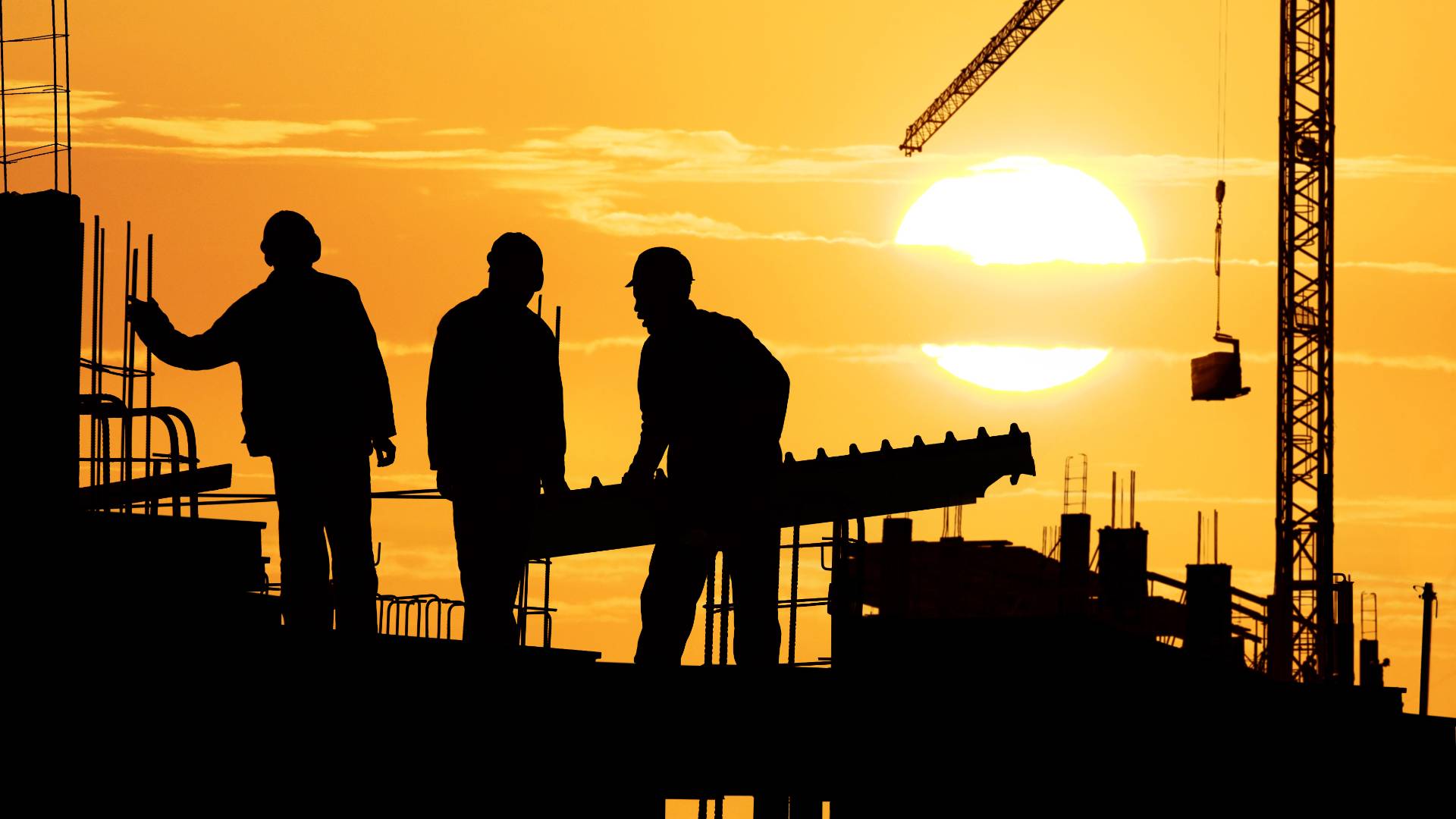Facing a Building Defect? Here’s How Construction Lawyers in Melbourne Can Help
“Over 60% of new apartment buildings in Victoria have at least one major defect.”
That’s not just a number—it’s a wake-up call.
You’re not alone if you’ve spotted cracks in the ceiling, leaking balconies, or worse, structural issues. In Melbourne, building defects are more common than people realise, and they’re not just cosmetic headaches—they can be financial nightmares. But here’s the thing: you don’t have to deal with it alone.
Let’s break down how construction lawyers in Melbourne can genuinely make a difference—and why getting professional help sooner rather than later is crucial.
What Exactly Is a Building Defect?
A building defect is any issue that results from poor design, subpar construction, or non-compliance with the Building Code of Australia. It could be as visible as water intrusion through windows—or as hidden (and dangerous) as compromised fire safety systems.
In Victoria, defects are typically divided into minor and major. Major defects pose serious risks to health and safety, make a building uninhabitable, or threaten structural integrity. These are the ones that can trigger expensive repairs, litigation, and, in some cases, complete rebuilds.
And here’s where construction lawyers come in.
So, What Can a Construction Lawyer Actually Do?
Let’s be real. Trying to deal with developers, builders, and insurers on your own? It’s exhausting. And usually ineffective. A construction lawyer brings clarity, legal weight, and strategy. Here’s how they help:
1. Early Advice That Saves Time and Money
Before you lodge a complaint or start negotiations, a good lawyer will assess your situation and give you a clear understanding of your rights. They’ll flag whether it’s worth pursuing, and more importantly—how to do it effectively.
2. Navigating the Complex Web of Liability
Is it the builder? The developer? The architect? Sometimes all three. Construction lawyers help you untangle this web and pinpoint who’s responsible—legally and financially.
3. Engaging Expert Reports
You’ll likely need a qualified building consultant or engineer to assess the defect. A construction lawyer can coordinate this for you and ensure the reports are legally solid—so they hold up if things escalate.
4. Negotiating With Power
Builders and developers often have lawyers. You should too. Construction lawyers handle correspondence, demand letters, and negotiations so you don’t get steamrolled by legalese or pressured into unfair settlements.
5. Litigation, If It Comes to That
Hopefully, it doesn’t. But if court becomes necessary, your lawyer will be ready. From VCAT proceedings to full-blown litigation, they’ll represent you with a strategic, evidence-based approach that maximises your position.
Timing Is Everything: Don’t Sit on It
The statutory warranty period in Victoria is only six years for major defects. That clock starts ticking from the date of completion—not when you discover the problem. That means delays can literally cost you your rights.
The moment you suspect a defect, start documenting. Photos. Emails. Reports. All of it.
Then talk to a construction lawyer. Fast.
How to Choose the Right Lawyer
Not all lawyers are created equal. You want someone who:
- Specialises in construction law
- Has experience with cases like yours (residential, strata, commercial)
- Communicates clearly and doesn’t drown you in legal jargon
- Is proactive—not reactive
Look for client reviews. Ask about similar cases. And don’t be afraid to ask tough questions about fees and timelines.
Final Thoughts
Building defects aren’t just frustrating—they’re dangerous and expensive. But you don’t have to face them alone. With the right construction lawyer, you gain a clear path forward, a legal ally, and a shot at real resolution.
And if you’re keen to stay on top of more practical legal insights like this, follow our updates at doylesguide.com—we’re unpacking key issues in construction law every week.
No fluff. Just straight answers. Just like this.
